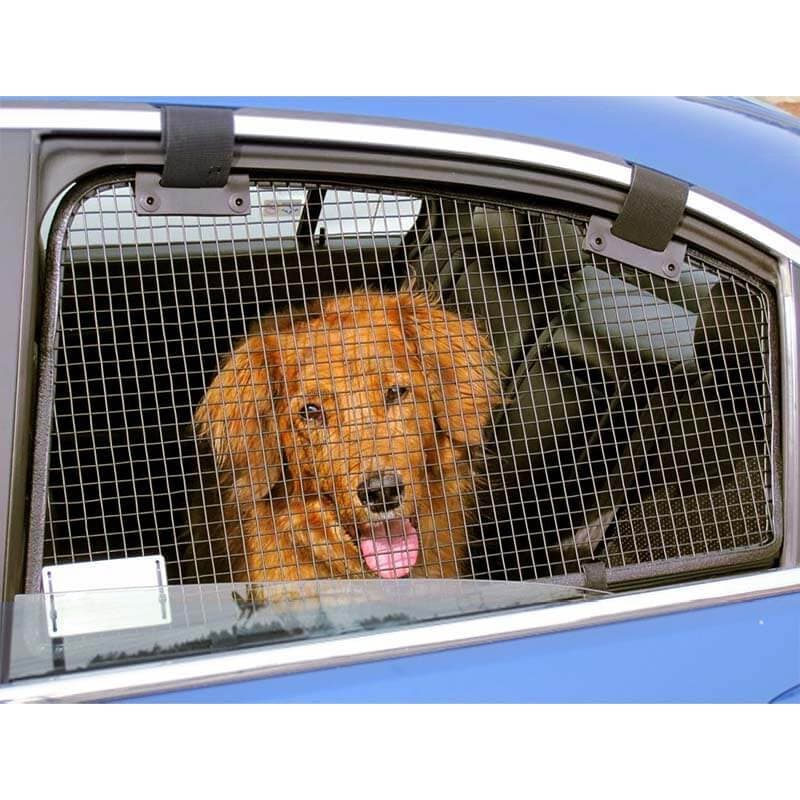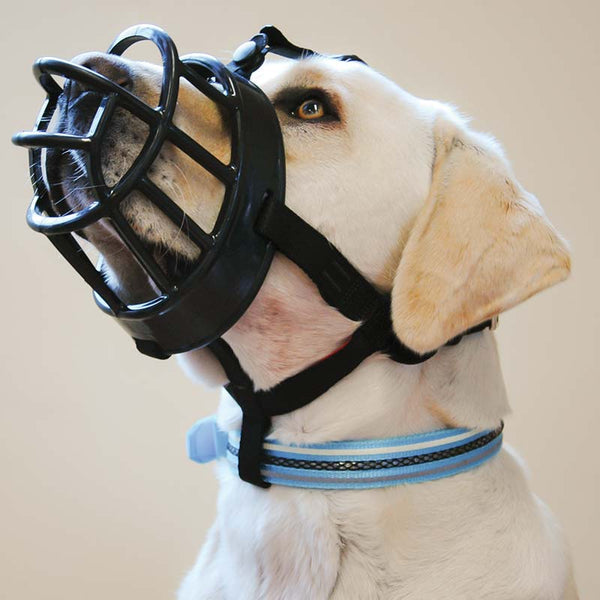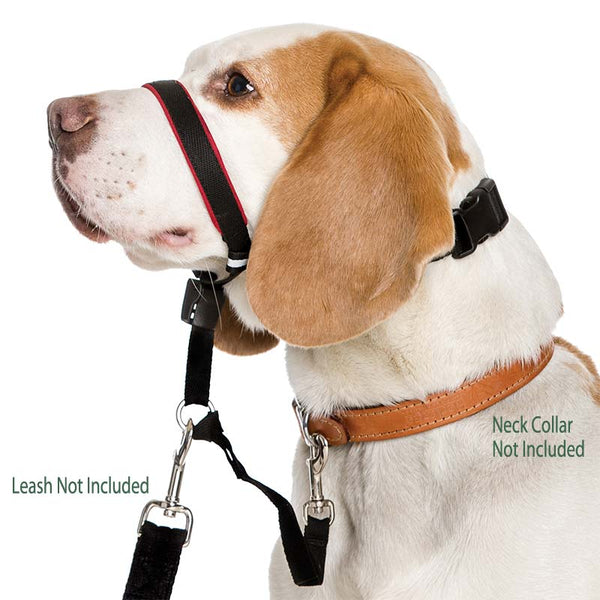Training Your Dog Not to Bark
By Jess Rollins
Copyright Info
Dogs bark for many reasons. The more common ones are listed below along with some ideas to train your dog not to bark so much.
If your dog is barking for attention: Your dog may want you to play or get up and feed him. Whatever it is - don't do it! If you do, you will be teaching him that barking "works" to get his owner moving and he will do it more.
If your dog is barking when he hears or sees something interesting:
When you are home: Prevent your dog from barking by blocking the source of sound or sights by using a fan or blinds or by keeping him in a different area of the house. Teach him to "quiet" down when you ask him to P/R (praise and reward) when he chooses to be quiet on his own when he hears or sees something that usually makes him bark. Use a Time Out for excessive barking. Barking at the door when the doorbell rings or someone knocks on the door is very common. Check out this article on barking at the door for specific help with that.
When you are not home: Prevent him from wanting to bark by blocking the source of sound or sights by using a fan or blinds or by keeping him in a different area of the house.
If your dog is barking on a walk (at other dogs, people. or cars, etc out of excitement): Teach him to "quiet" down when you ask him to. Teach him to focus on you while walking past distractions using the "heel" exercise. Reward calm behavior on walks. If he is unable to respond to the "quiet" cue (or doesn't know it yet) just turn around and calmly walk away from the thing that is getting him so excited and then reward him when he calms down.
If your dog is barking because he is afraid, aggressive or territorial: Prevent outbursts by crating, gating, blocking windows, using a fan or not taking him places that cause him to bark. This is not meant to be a permanent solution, but is helpful while you are teaching him that he does not need to be upset. Try to stay calm and upbeat when you think your dog may get upset. Consider hiring a professional positive trainer for private sessions. Teach your dog that what he was upset about before, now predicts his favorite things by exposing him to his fear in baby steps and then rewarding him for each small success. It can be helpful to train your dog to "heel" and then ask him to "heel" when you need to get him past something that is scary for him. Praise and reward every step of heeling past a scary thing. Reward your dog's calm behavior around situations that usually get him upset and barking. For more ideas on helping your dog with his or her anxiety, check out our anxiety dog training section. For help with aggression.
If your dog is barking because he is bored: Prevent boredom by keeping your dog busy and tiring him out with chew toys, exercise and training. Teach him to "quiet" when asked. "Time him Out" for barking to make it less entertaining.
If your dog is barking out of excitement during play: Teach him that when he begins to bark the play stops. He will soon realize he should hold his tongue if he wants to keep playing.
Check out the products we offer for help with your no-bark training.











My dog Baxter is such a good boy; it’s like having another son, really. Maybe we have spoiled him too much, but that’s how it is now. However, there are some minor problems. He gets nervous around other dogs and constantly barks. Oh, and there’s one more thing—he pulls on the leash every time we go for a walk. I can’t even hold him.
Sometimes our guests get intimidated, but there’s no reason for that. Initially, I thought it couldn’t be changed because he isn’t a puppy anymore. However, when I was out for a walk, I met a girl with a perfectly calm dog, and we had a chat. She told me about some rules and psychological tips for training dogs. Apparently, she found an online course.
For example, one of the tips is to have control over the food to establish yourself as a leader in the dog’s eyes, among other things. I got interested and asked her for the source of her knowledge. She mentioned a website that’s easy to remember: stopbarking.online
By following simple tips like the one she mentioned, it’s possible to see improvements even in older dogs. Baxter is now at about 50%, but I believe he can do even better. He has improved a lot, and to be honest, I find it all very interesting, at least for me